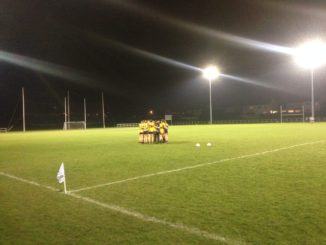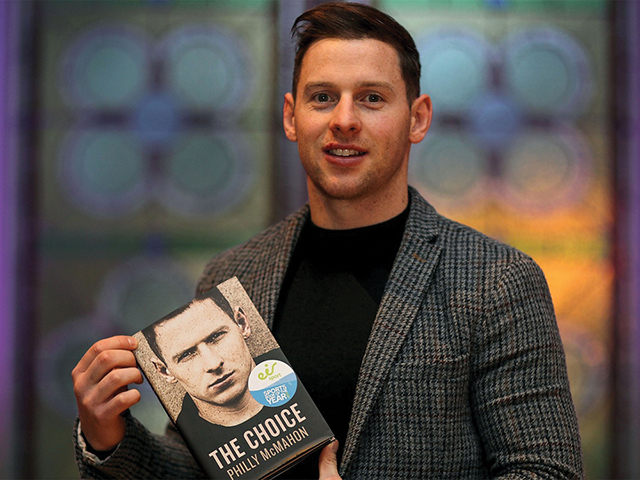
A recent freedom of information request has revealed that only a handful of students are turning up to weekly masses held in a number of third-level colleges
While colleges and universities spend about €1.5 million in public funds annually to employ chaplains, attendance rates at services in many institutions are in single figures.
The chaplain, a Catholic priest, is paid a salary of about €49,000.
In Cork Institute of Technology, for example, there are about 12,000 students but average attendance at the religious services on campus is four.
At Sligo IT, which has 6,000 students, the average weekly Mass attendance is nine.
The information was obtained from colleges under the Freedom of Information Act by Atheist Ireland.
The group is campaigning against the use of public funds to hire members of the clergy at a time of cutbacks to the higher education sector.
Atheist Ireland is lobbying for the funds to be used to help subsidize the cost of registration fees instead of using it to fund religious services that are failing to provide religious diversity in universities across Ireland.
The costs and recruitment processes involved are at the centre of an investigation ordered last year by outgoing Minister for Education Jan O’Sullivan.
A spokesperson for the Higher Education Authority, which is carrying out the investigation, confirmed that it is finalizing the report but declined to comment any further.
Records released to Atheist Ireland show that recruitment procedures and pay for chaplains vary widely.
However, the majority are Catholic and are appointed by the local bishop. The colleges in almost all cases, through students’ fees or college funds, meet salaries.
Martin Long of the Catholic Communications Office defended the work of chaplains who, he said, provided extraordinary support to students.
Sixty-five per cent of Irish Times readers think colleges should continue to employ chaplains, according to an online poll.
The Irish Times Poll of the Day on Monday asked readers: “Should Irish colleges continue to employ chaplains?” The poll received 2,247 responses with 65 per cent voting “yes” and 35 per cent voting “no”.
Paul Dwyer




Leave a Reply